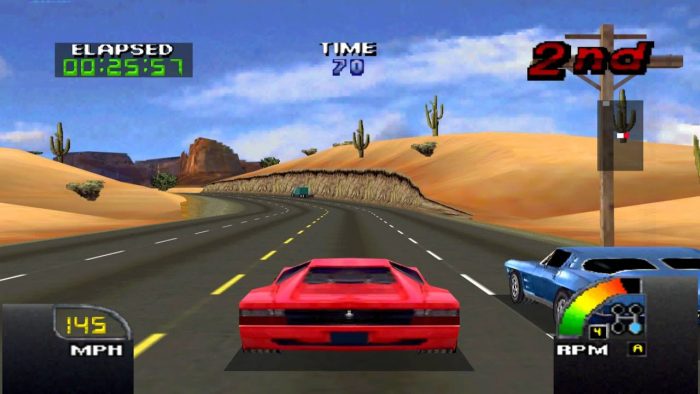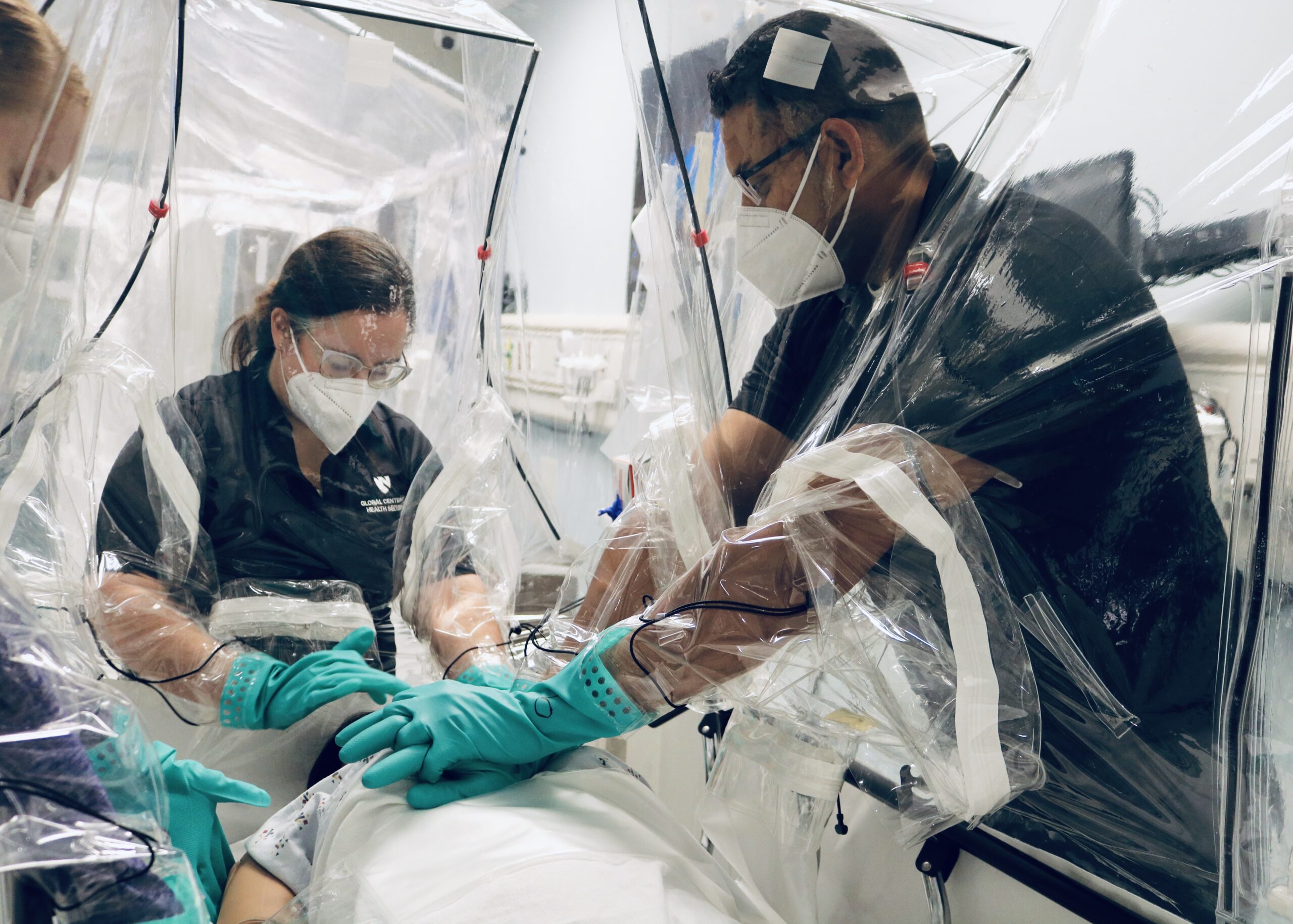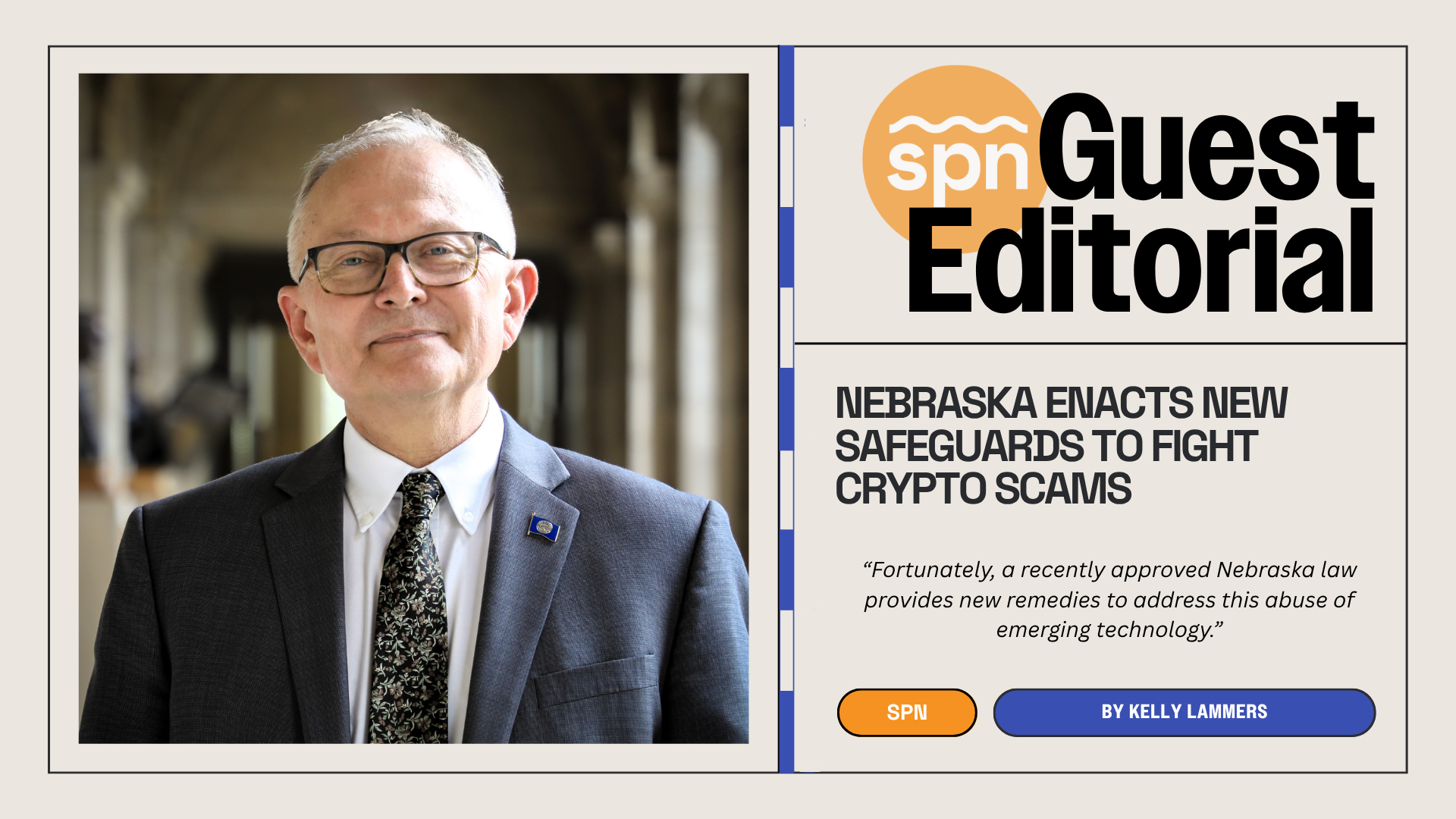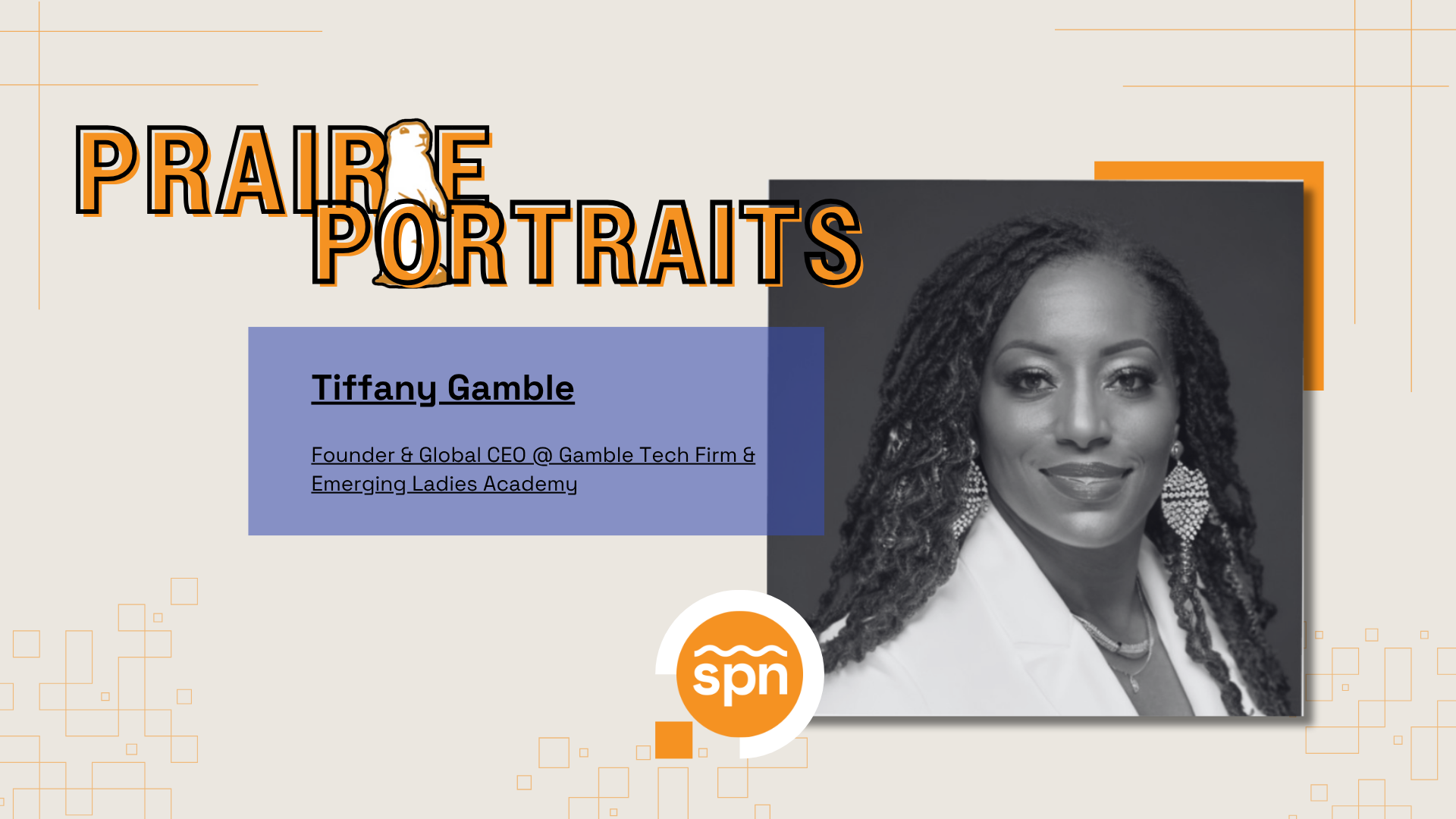I lead a reasonably stressful life. Sometimes by choice, sometimes not. In addition to a challenging full time job and occasional freelance work, I try to quadrangulate my hobbies—writing, music, comedy, art—to the best of my ability. It’s not easy. It’s not supposed to be.
Stress can be good. When it kicks in hard, it can help us flee a random neighborhood shooting (as happened to me this winter) or perform a killer set at the Greenwich Village Comedy Club (as I did once after several nights of bombing open mics in pre-pandemic New York).
Some people joke they can’t get out of bed in the morning without their bedside coffee.* Hyperbole aside, without our morning release of cortisol, the notorious stress hormone amplified by stimulants, we really couldn’t get out of bed in the morning.
(*FWIW, self-deprecating jokes about caffeine addiction harken back to the Old West. Cowboys on the trail would warn each other, “Don’t talk to me until I’ve had my Arbuckle’s”—Arbuckle being America’s first mass-produced coffee. The more things change, the more they…etc.)
In other words, short-term stress is good. It can help you perform better and even save your life.
The long-term kind, on the other hand, can kill you. And it will ruin your life before it does.
Decades of scientific research and common sense tell us this. Why don’t we listen?
A convergence of biological, environmental and cultural factors probably has something to do with it. So does the effect of stress on our brains.
Chronic stress shrinks a key brain structure called the hippocampus (literally “horse monster” in Greek), which deals with memory, visuospatial thinking and mood regulation. Studies have shown that the horse monster is smaller-than-average in those with depression, PTSD and other stress-modulated conditions.
You know what can build the hippocampus, though?
The answer might surprise you: video games.
Racing games in particular may increase hippocampal size.
In a four-year University of Montreal study, those who played 90 non-consecutive hours—or 15 minutes a day for a year—of spatial navigation video games—“Cruis’n USA” for example—showed significant increases in hippocampal gray matter. And brain scans of London cab drivers, who must pass a test demonstrating their working memory of that city’s maze-like streets, have shown that the size of their hippocampi dwarfs those of non-cabbies. “Use it or lose it,” then, is not just an annoying phrase, it also applies to neuroplasticity, the lifelong ability of our brain to rewire itself based on what we do.
Unfortunately, our smartphone lifestyles might be eroding this precious brain structure. Our decreasing reliance on environmental cues and visual landmarks for real-world navigation, thanks to apps like Google Maps and Waze, surely does no favors for our ailing hippocampi. (While driving, I’ve decided my tendency to act like I know where I’m going even when I don’t— much to my partner’s annoyance—is now totally justified. I’m building my brain, babe!)
Fortunately, we can recover some of that lost grey matter simply by spending a few minutes a day playing a game that engages our visuospatial faculties. I like the free Mario Kart Tour app because it gives me a refreshing jolt of childhood while I build my brain. And if you’re absolutely allergic to video games, as I generally am, no worries: exercise and fish oil can also grow the hippocampus.
More research is needed to determine to what extent that feeding one’s horse monster can fight stress-modulated disorders like depression and anxiety. But the correlation looks promising. Now, if you’ll excuse me, I need to recharge with a little Mario Kart before getting back to work.




